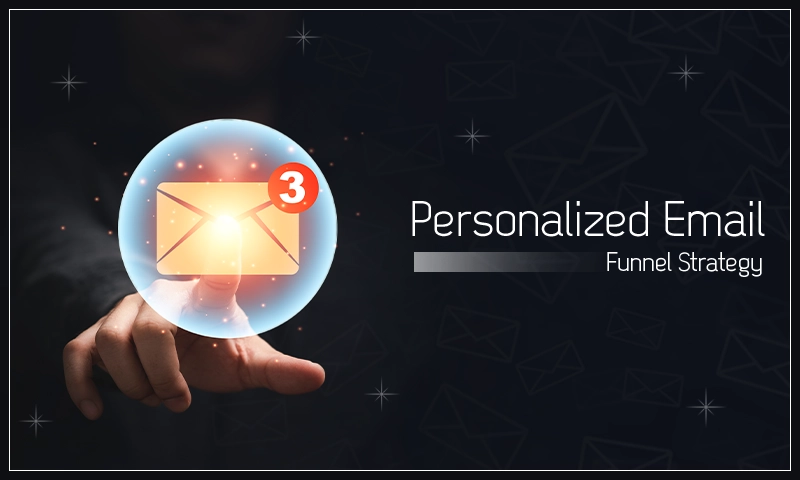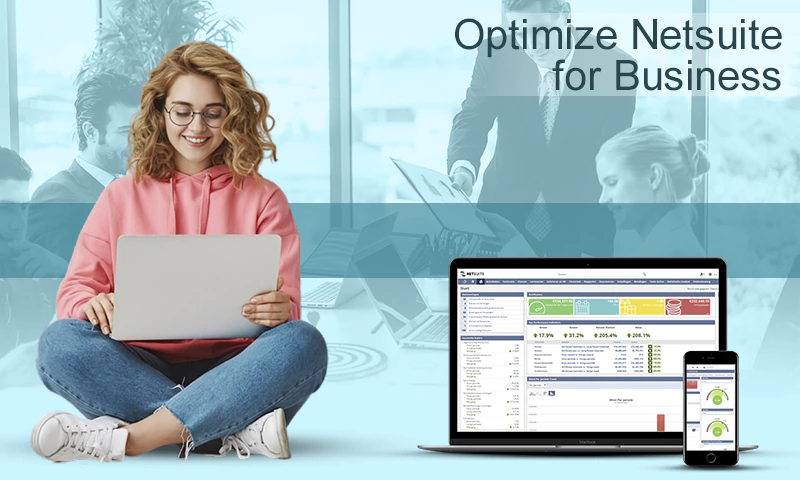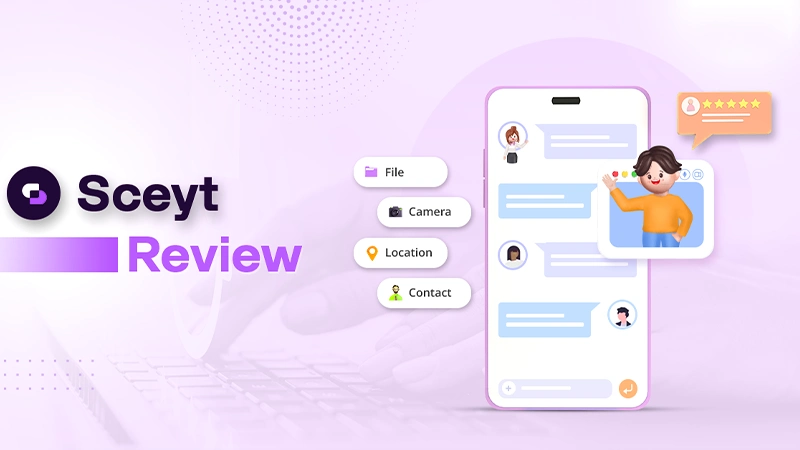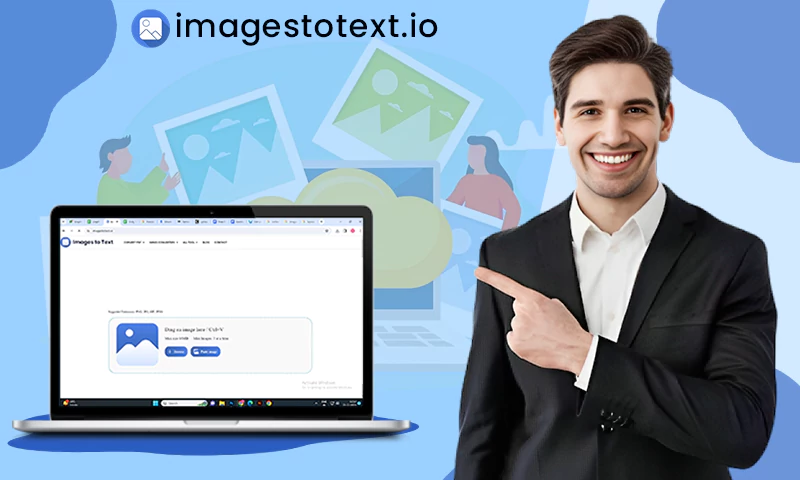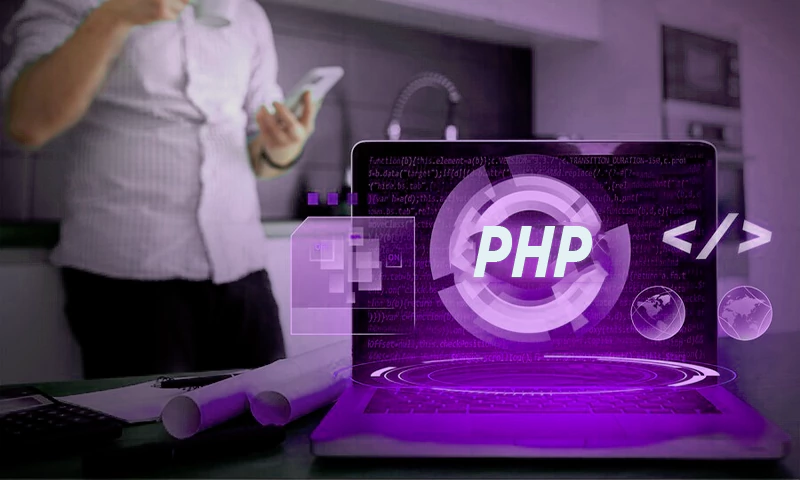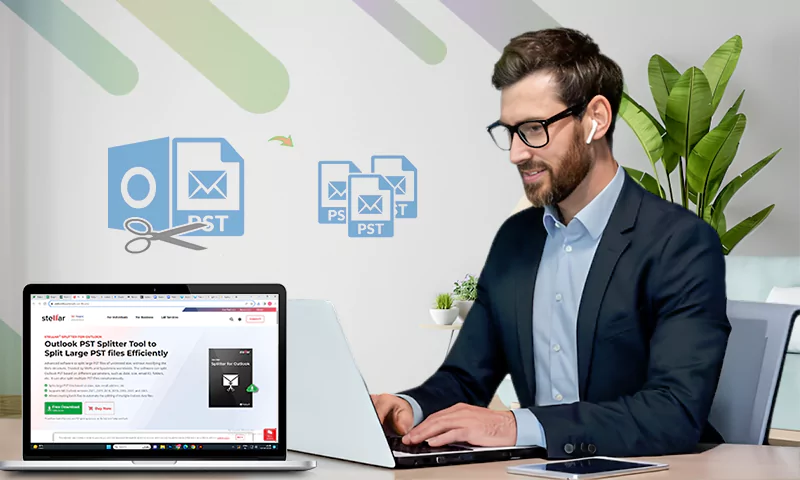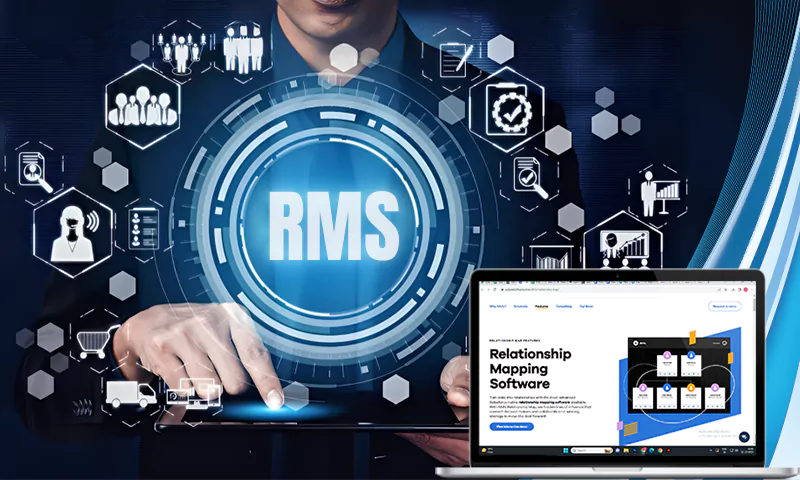Exploring the Flutter Plugins and Packages to Enhance the Development Process
Flutter is Google’s open-source UI framework that is widely used in the app development sector for natively compiled applications. It has taken the app development world by storm due to its expressive and flexible UI but also the diverse ecosystem of plugins and packages.
These features play a pivotal role in enhancing your development workflow and making it more efficient. As a result, you can create feature-rich applications in less time.
In this blog, we’ll dive into the realm of Flutter’s varied features, exploring their true impact and significance in building a mobile app. Flutter app development services company, you might have used them in your software development process. But how do they make it easier and more efficient to build an app from scratch?
Flutter’s ecosystem is particularly thriving due to the active contributions of developers from around the world. These individuals have created and shared a wealth of modules that cater to the versatile requirements of app development.
For building a social media app, an e-commerce platform, or a game, chances are there’s a valuable service that can help you accelerate development and improve your app’s performance.
Flutter plugins and packages offer significant advantages in terms of streamlining your development process. So, let’s embark on this journey to explore how these community-contributed resources can take your process development to the next level.
Understanding Flutter Plugins and Packages
Terms like “plugins” and “packages” are often used in Flutter app development and people associated with it would agree. They’re like tools in a developer’s toolbox, and they play a significant role in making your life as a developer easier.
What are Flutter Plugins and Packages?
Flutter plugins and packages are basically ready-made solutions for common problems in app development. They’re based on pre-built pieces of code that you can use in your apps. Instead of starting from scratch every time you need to add a specific feature or functionality to your app, you can simply plug in these pre-made components.
Flutter Plugins are a bit like extensions that connect your app with device-specific features, like a camera, GPS, or sensors. They allow your app to tap into the capabilities of the device it’s running on.
Flutter Packages are collections of code that solve various general complexities in app development. They can help with things like working with dates, managing the state, networking, and much more. Units are like building blocks you can use to quickly assemble your app.
THINGS TO CONSIDER
The ‘flutter logs’ command can be utilized in multiple terminal windows/tabs in Android Studio. You will be able to look into the history of the log output of the previous apps.
The Role of Plugins and Packages in Extending Flutter’s Functionality
Flutter, by itself, is a powerful toolkit for building beautiful user interfaces. But it doesn’t provide everything you need to make a complete app. However, to fulfill this gap its plugins and packages enhance its functionality.
Using plugins, your app can communicate with the device’s hardware, allowing you to access features like the camera or GPS. Meanwhile, packages simplify your development process by providing pre-written code for common tasks, so you don’t have to write everything from scratch.
In simple terms, Flutter’s modules are like the extra tools and materials you need to build a house. It acts as the foundation, but plugins and packages are the key resources that enable multiple functionalities as per your app requirements.
They save you time and effort, and they’re a big reason why this app is well-known among developers.
Scale and Diversity of the Flutter Package Ecosystem
The Flutter cross-platform package ecosystem is a digital treasure trove of ready-to-use code components. There are thousands of modules available, covering a wide range of functionalities and use cases. Such a wider scale means that no matter what kind of app you are building, there’s a high chance that you’ll find a feature that fits your needs.
Even if you need tools for UI design, state management, data storage, networking, or even something more specialized, its ecosystem has got you covered. It’s a testament to the strong community and developer support behind Flutter.
The graph below shows that the usage of Flutter is at the top position among cross-platform frameworks.
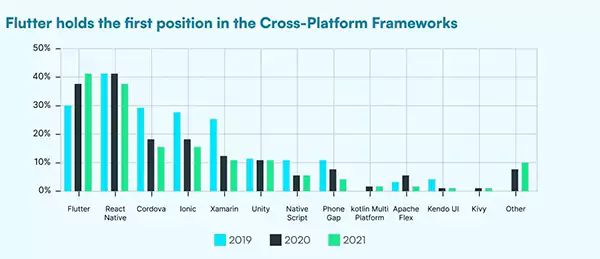
Popular and Essential Flutter Packages
While there are many Flutter packages available, some have gained significant trends due to their utility and effectiveness. Here are the most commonly used ones by its developers:
- Provider: This simplifies state management in Flutter applications, making it easier to manage and share data between different sections of your app.
- http: If your app needs to interact with APIs and fetch data from the internet, the `http` component is relevant. It streamlines the process of making HTTP requests.
- shared_preferences: For storing and retrieving small amounts of persistent data on the user’s device, such as user preferences or settings, the `shared_preferences` package is a well-known choice.
- intl: If your app needs to support multiple languages and regions, the `intl` package helps with globalization and localization, making it easy to adapt your app for different audiences.
- flutter_bloc: For more advanced state management and application architecture, the `flutter_bloc` package is widely used, especially in larger and more complex ones.
- firebase_core: If you plan to integrate Firebase services into your app for features like authentication, real-time databases, or cloud functions, the `firebase_core` package is the starting point.
You might be inspired by these packages but they are just the tip of the iceberg. The Flutter ecosystem offers solutions for various development challenges, so you can focus on creating an impactful user experience.
You may be a beginner or an experienced developer, these components can significantly enhance your development process.
Conclusion
In conclusion, we’ve explored the world of Flutter plugins and packages and discovered how these invaluable resources can transform your app development journey.
We encourage every custom software development company to leverage the vast ecosystem of Flutter modules. They simplify your development process, allowing you to focus on crafting an outstanding user experience.
By actively engaging with the Flutter package ecosystem, you’ll find yourself building apps more efficiently. Further, you can easily tackle complex challenges and ultimately deliver high-quality applications to your users.
Share




